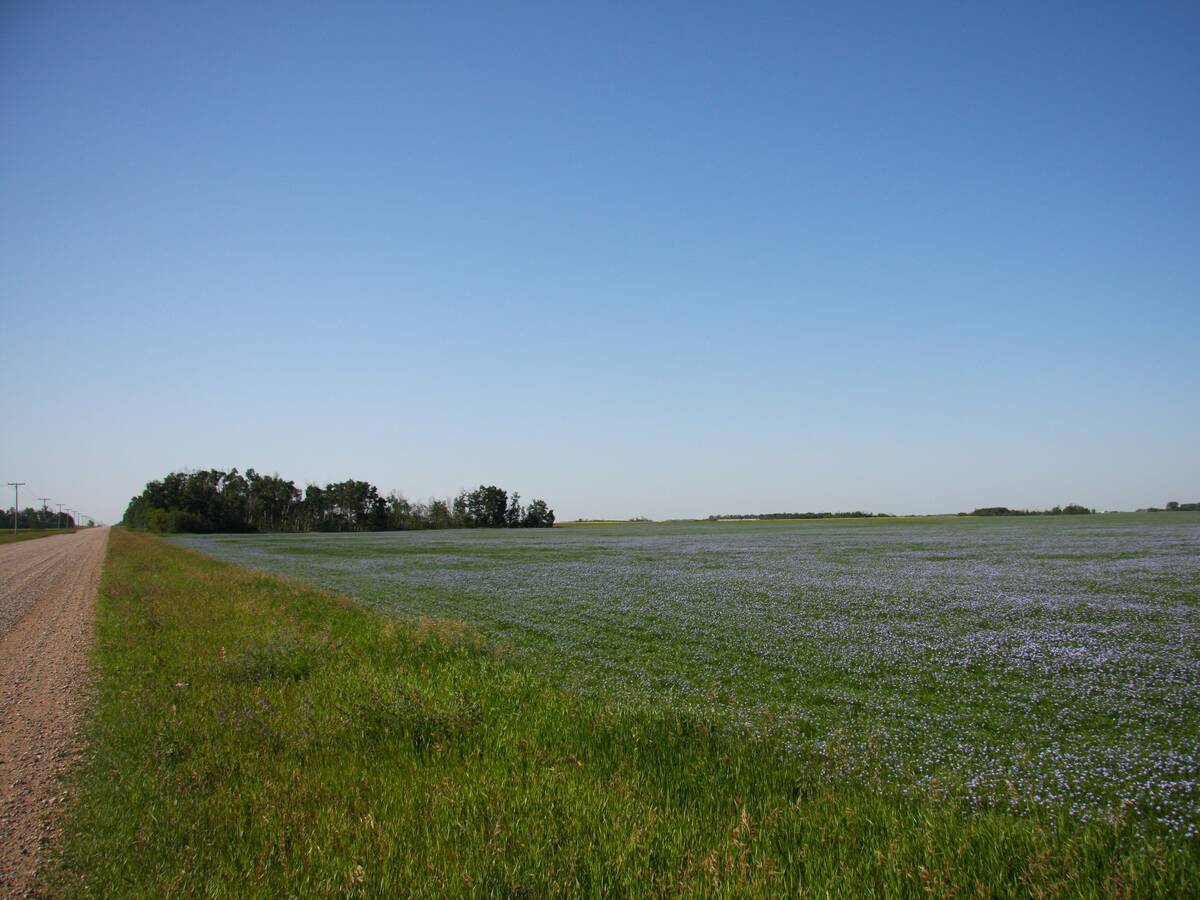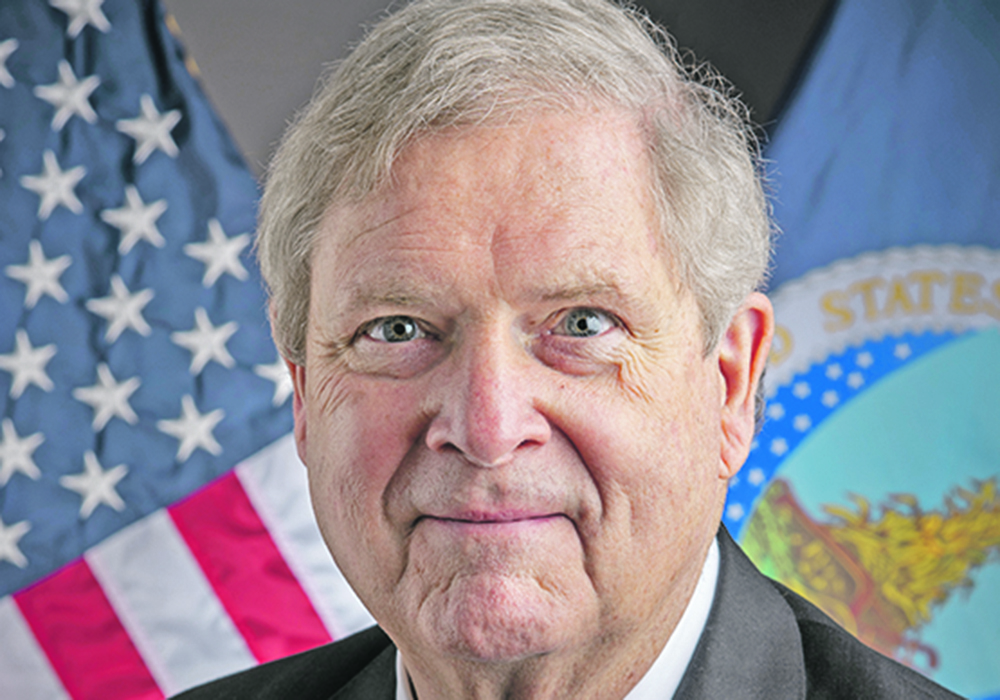Tom Vilsack talked recently about meat plant funding, organic farming, ‘climate smart’ technology and renewable fuel
Despite nightmarish supply chain problems and a Russian invasion of Ukraine creating a geopolitical crisis, U.S. agriculture secretary Tom Vilsack sees good years ahead for farmers and agriculture.
“I believe the outlook for agriculture is bright, strong and positive,” said Vilsack in his address to the U.S. Department of Agriculture’s Agricultural Outlook Forum. During the presentation he focused on initiatives his government has taken to boost nascent and non-traditional parts of American agriculture.
He announced that funding was available now to subsidize the building of “shovel ready” slaughter plants, which he hopes provide competition for the giant packing companies.
Read Also

Farmland advisory committee created in Saskatchewan
The Saskatchewan government has created the Farm Land Ownership Advisory Committee to address farmer concerns and gain feedback about the issues.
This support for creating more, smaller packing plants has been a key initiative of Vilsack’s USDA, but many analysts are skeptical that small plants will be able to compete with huge, efficient mega-plants.
“This is an exciting opportunity to expand capacity and competition in an area I think is incredibly important, and if we are to have a strong, bright and positive livestock and poultry outlook,” said Vilsack.
More than US$200 million is available now, and an additional $500 million will be available this summer.
Vilsack highlighted the potential for local and regional “food systems,” as well as for organic production, which he promised to support. He talked about “urban agriculture” and its potential to help feed city markets.
He lauded “climate smart” technology, which is helping farmers improve sustainable food production.
“The market is demanding to know where food comes from and how it’s produced,” said Vilsack.
“They want to know… that when they purchase an item, they’re not hurting the environment….”
Vilsack is also bullish about renewable fuel.
Early in his remarks he referred to “the tragic and unsettling Ukrainian situation” and spoke about the supply chain issues and container crisis hurting American consumers and agricultural exporters.
















